What do we talk about when we talk about Systems Thinking?
How would our world be if businesses were made of a collection of people who knew their purpose and were excited about fulfilling it?
Much has been said about the way our current society works, about its competitive nature that’s driven by highly individualistic performers and leaders. In this article, I’m not going to dig more into that, nor am I going to criticize capitalism as it has many beautiful sides we should embrace. I am however going to offer a different approach by challenging us to look at business and society through the lenses of nature and biology.
Systems Thinking talks about understanding the larger ecosystem in which an entity lives in, and then learning to operate from that perspective. Easier said than done. When we look at the way businesses work today, we mainly see them spread out in silos, acting independently without regard for long-term outcomes, positive or negative. Those looking for an approach built for sustained survival in harmony with the broader system have few if any references to go by.
We can blame it on capitalism and its competitive approach, however I don’t believe that is the reason. It is actually rooted in one of the most collective fears of all humans: the loss of identity. In the work we do at Of Course around collaboration, this is exactly where I find the most resistance. What if I give myself into the whole and lose myself in the process? This is found to be true for both companies as well as individuals. To answer those questions, I turn to the most efficient system we have on this planet for guidance: the human body.
If we take a look at the human body, we can see that it is made of cells at the most basic level. Billions of cells then make up an organ and a collection of essential organs comprise the entire organism.
Each cell is an autonomous entity. It has a nucleus that encapsulates the whole organism’s genome, as well as a breadth of nutrients, amino acids and mechanisms to divide and create new cells (mitosis). However, this independence does not override its role as part of an organ, contributing to the organ’s work.
The same goes for the organ itself. Each organ has an essential and very distinct role. The liver works rigorously to clean our body from toxins, the intestines digest the food we eat and break it down to nutrients and the blood system distributes those nutrients to different parts of the body. Here as well, they all work as an autonomous unit that is part of a whole.
What would it look like if our society operated like that, maintaining a healthy equilibrium between autonomy and collaboration? On one hand each of us feeling rooted in our identity, and on the other knowing that we’re all interconnected. What would it look like if Unilever acted as our collective liver and Pepsi as our blood system? What nutrients would their products contain and how would they make sure they distributed those nutrients to each and every person equitably?
When I speculate about what is the secret of this hyper-efficient machine, called the human body, what comes to mind is the sense of purpose. The liver is not afraid to collaborate, because it knows its unique and exclusive purpose. Furthermore, it knows that the only way to sustain its survival, is through collaboration, because each and every cell is essential for its existence and its existence is essential for the entire body.
I truly believe that the key to a thriving society is tapping into the intelligence of nature. In this way, each business would be deeply connected to their role in the ecosystem we live in and know how essential they are. Each business would be made of a collection of people who knew their purpose and were excited about fulfilling it. Now that’s something to work towards!
Our work in Of Course is focused exactly on that, helping individuals and businesses find and be guided by their purpose. What is your Purpose?
Written by
Rinat Sherzer

